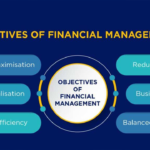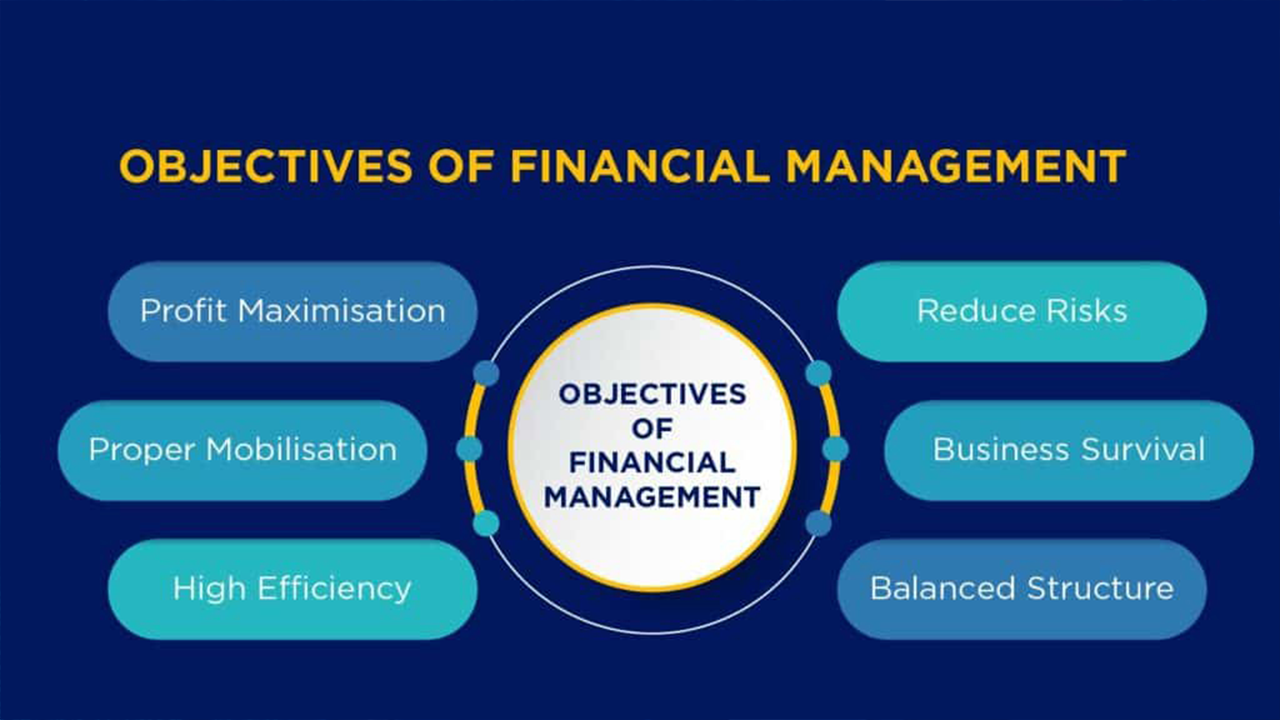Welcome to our comprehensive guide on budgeting and saving money tips! In this detailed article, we will explore effective strategies to manage your finances wisely and achieve your savings goals. Whether you’re planning for a major purchase, aiming to build an emergency fund, or simply looking to improve your financial health, this guide is tailored to provide you with actionable insights.
Understanding the Basics of Budgeting
What is Budgeting?
Budgeting is the process of creating a plan for your money, outlining your income and expenses over a defined period.
Why is Budgeting Important?
Effective budgeting allows you to have better control over your finances, prioritize spending, and save for future goals.
Steps to Create a Budget
- Assess Your Income and Expenses
- Start by calculating your total monthly income from all sources.
- Identify and categorize your monthly expenses, including fixed and variable costs.
- Set Financial Goals
- Establish short-term and long-term financial goals, such as saving for a vacation, paying off debt, or retirement planning.
- Prioritize these goals based on urgency and importance.
- Create a Budget Plan
- Allocate a portion of your income to essential expenses like housing, utilities, and groceries.
- Set limits on discretionary spending categories such as dining out, entertainment, and shopping.
- Track and Adjust
- Regularly monitor your budget and track your actual spending against your planned budget.
- Adjust your budget as needed to accommodate changes in income or unexpected expenses.

Effective Strategies for Saving Money
Automate Your Savings
- Utilize Automatic Transfers: Set up automatic transfers from your checking account to a savings account each month.
- Employ Employer Programs: Take advantage of employer-sponsored retirement plans like 401(k)s with automatic deductions.
Reduce Expenses
Cutting Down on Monthly Bills
- Negotiate Contracts: Negotiate lower rates for services like cable, internet, and insurance.
- Energy Efficiency: Implement energy-saving practices to reduce utility bills.
Limiting Impulse Purchases
- Use Shopping Lists: Plan purchases and stick to a shopping list to avoid impulse buying.
- Wait Before Buying: Adopt a waiting period for non-essential purchases to curb impulse spending.
Increase Your Income
Explore Additional Income Streams
- Freelancing: Take on freelance work or side gigs to supplement your primary income.
- Monetize Skills: Offer tutoring, consulting, or freelance services related to your expertise.
Budgeting and Saving Money Tips
Embrace Frugality Without Sacrificing Quality
- DIY Projects: Explore do-it-yourself solutions for home maintenance and improvement.
- Buy Secondhand: Purchase gently used items or shop at thrift stores to save on expenses.
Plan for Financial Emergencies
- Build an Emergency Fund: Set aside funds equivalent to 3-6 months of living expenses in a separate savings account.
- Insurance Coverage: Review and update insurance policies to ensure adequate coverage for unexpected events.
Invest Wisely for Long-Term Goals
- Diversify Investments: Spread investments across different asset classes to manage risk.
- Consider Retirement Accounts: Maximize contributions to retirement accounts for tax advantages and long-term growth.

Mastering the art of budgeting and adopting smart money-saving strategies are crucial steps towards achieving financial stability and reaching your financial goals. By implementing the tips and strategies outlined in this guide, you can take control of your finances, reduce stress related to money management, and pave the way for a secure financial future.
Managing finances effectively is crucial for achieving financial stability and reaching personal goals. Budgeting and saving money are fundamental skills that can help you take control of your financial future. Whether you are looking to save for a big purchase, pay off debt, or simply want to build a more secure financial foundation, these budgeting and saving money tips will guide you towards success.
The Importance of Budgeting
Budgeting is the process of creating a plan to spend your money. This spending plan helps you determine in advance whether you will have enough money to do the things you need to do or would like to do. Budgeting is important because it ensures you are not spending more than you are earning, allowing you to avoid debt and save for future goals.
Steps to Create a Budget
- Assess Your Income: Begin by calculating your total monthly income. This includes your salary, any side hustle earnings, rental income, or any other sources of money.
- Track Your Expenses: List all your monthly expenses, including rent or mortgage, utilities, groceries, transportation, insurance, entertainment, and any other costs. Don’t forget to include irregular expenses like annual subscriptions or quarterly insurance payments.
- Categorize Your Expenses: Organize your expenses into fixed and variable categories. Fixed expenses are those that stay the same each month, such as rent and car payments. Variable expenses can fluctuate, such as groceries, entertainment, and dining out.
- Set Financial Goals: Identify your short-term and long-term financial goals. Short-term goals might include saving for a vacation or building an emergency fund, while long-term goals could be saving for retirement or a down payment on a house.
- Create Your Budget: Subtract your total monthly expenses from your total monthly income. Allocate a portion of your income to savings and prioritize essential expenses. Adjust your spending on non-essential categories as needed to ensure you are not overspending.
- Monitor and Adjust: Regularly review your budget to track your progress and make adjustments as necessary. Life changes and unexpected expenses can affect your budget, so it’s important to be flexible.

Tips for Saving Money
Saving money is about making smart financial choices that help you keep more of what you earn. Here are some practical tips to help you save money effectively.
Build an Emergency Fund
An emergency fund is a savings account specifically set aside for unexpected expenses, such as medical bills, car repairs, or job loss. Aim to save at least three to six months’ worth of living expenses. Start small if necessary and build up over time.
Cut Unnecessary Expenses
Identify areas where you can cut back on spending. This might include:
- Eating Out Less: Cook at home more often and bring lunch to work instead of dining out.
- Canceling Subscriptions: Evaluate your subscriptions and memberships. Cancel those you don’t use regularly or can live without.
- Energy Savings: Reduce utility bills by conserving energy. Turn off lights when not in use, unplug electronics, and use energy-efficient appliances.
- Shopping Smart: Look for sales, use coupons, and buy in bulk to save on groceries and household items.
Automate Your Savings
Set up automatic transfers from your checking account to your savings account. This ensures you save consistently without having to think about it. Treat your savings like a non-negotiable expense, just like rent or utilities.
Use a Savings App
There are numerous apps available that can help you save money by rounding up your purchases to the nearest dollar and saving the difference. Apps like Acorns, Digit, and Qapital can help you save without much effort.
Take Advantage of Employer Benefits
If your employer offers a retirement savings plan, such as a 401(k), take full advantage of it, especially if they offer matching contributions. This is essentially free money that can significantly boost your retirement savings.
Reduce Debt
High-interest debt, such as credit card debt, can quickly eat into your savings. Focus on paying down debt as quickly as possible. Consider using the debt avalanche method (paying off the highest interest rate debt first) or the debt snowball method (paying off the smallest balances first).
Save on Groceries
Grocery bills can be a significant expense. To save money, plan your meals in advance, make a shopping list, and stick to it. Buy generic brands, shop for seasonal produce, and use coupons or cashback apps.
Review Insurance Policies
Regularly review your insurance policies (health, auto, home) to ensure you are getting the best rates. Shop around and compare quotes from different providers. Bundling policies can also save you money.
Invest Wisely
While saving is important, investing can help your money grow over time. Start by investing in low-cost index funds or exchange-traded funds (ETFs). Consider consulting with a financial advisor to develop an investment strategy that aligns with your goals.
Avoid Impulse Purchases
Impulse buying can derail your budget. To avoid this, wait 24 hours before making a non-essential purchase. This cooling-off period can help you determine whether the purchase is necessary.
Use Cash Instead of Credit
Using cash for discretionary spending can help you stick to your budget. When you use cash, you physically see the money leaving your hands, which can make you more mindful of your spending.
Take Advantage of Discounts and Rewards
Sign up for loyalty programs, use cashback credit cards, and take advantage of student, military, or senior discounts. These small savings can add up over time.
FAQs About Budgeting and Saving Money Tips
1. What is the 50/30/20 budgeting rule?
The 50/30/20 rule suggests allocating 50% of income to needs, 30% to wants, and 20% to savings and debt repayment.
2. How can I stick to a budget?
Track your spending, set realistic goals, and regularly review your budget to stay on track.
3. What are some easy ways to save money every day?
Pack lunches, brew coffee at home, use public transportation and compare prices before making purchases.
4. Is it better to save or pay off debt first?
Consider paying off high-interest debt first while maintaining a small emergency fund, then focus on saving.
5. How much should I save for retirement?
Aim to save at least 15% of your pre-tax income for retirement, starting as early as possible.
6. What are the benefits of budgeting and saving money?
Budgeting helps you achieve financial goals, reduce debt, build wealth, and prepare for unexpected expenses.










